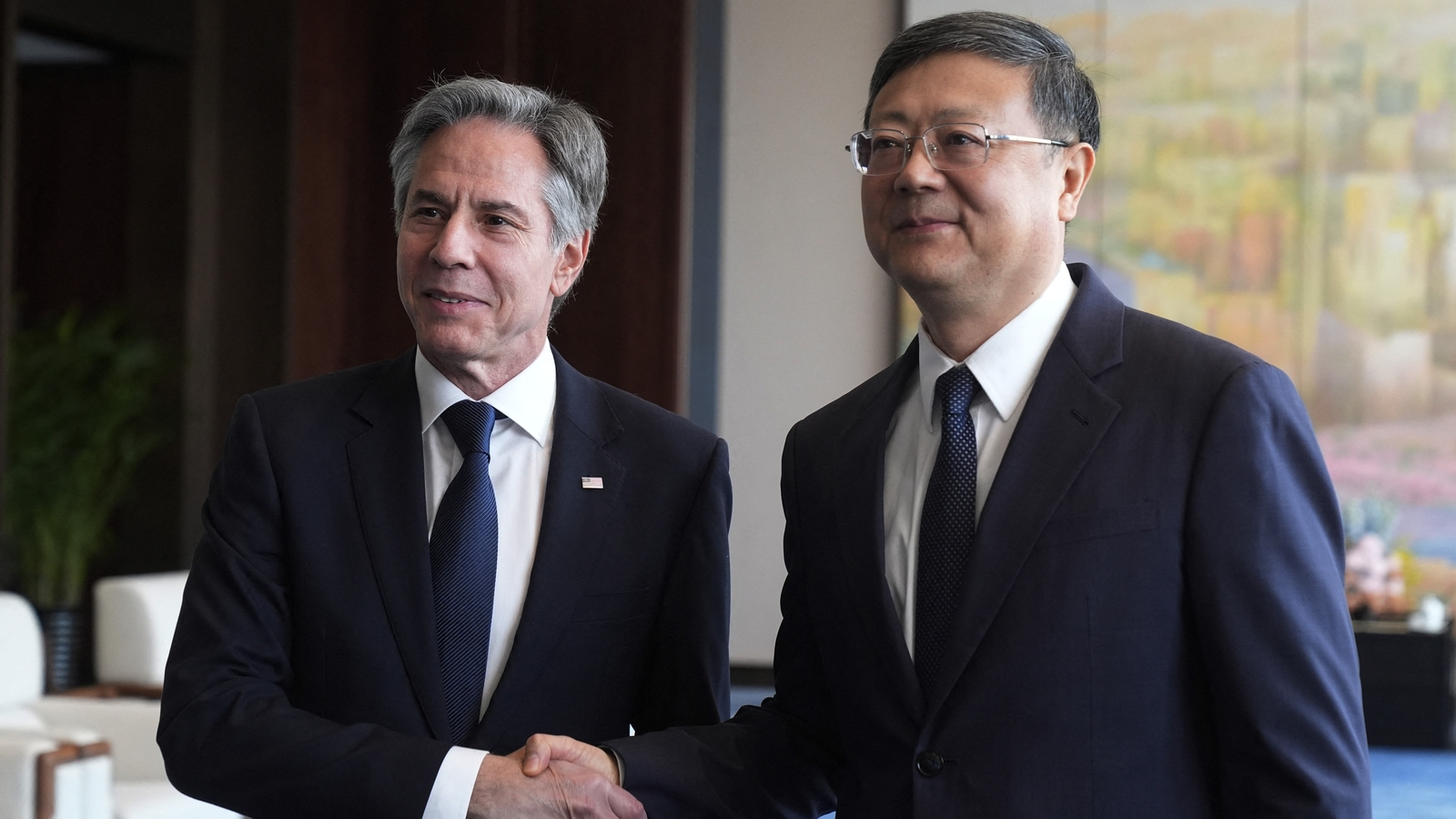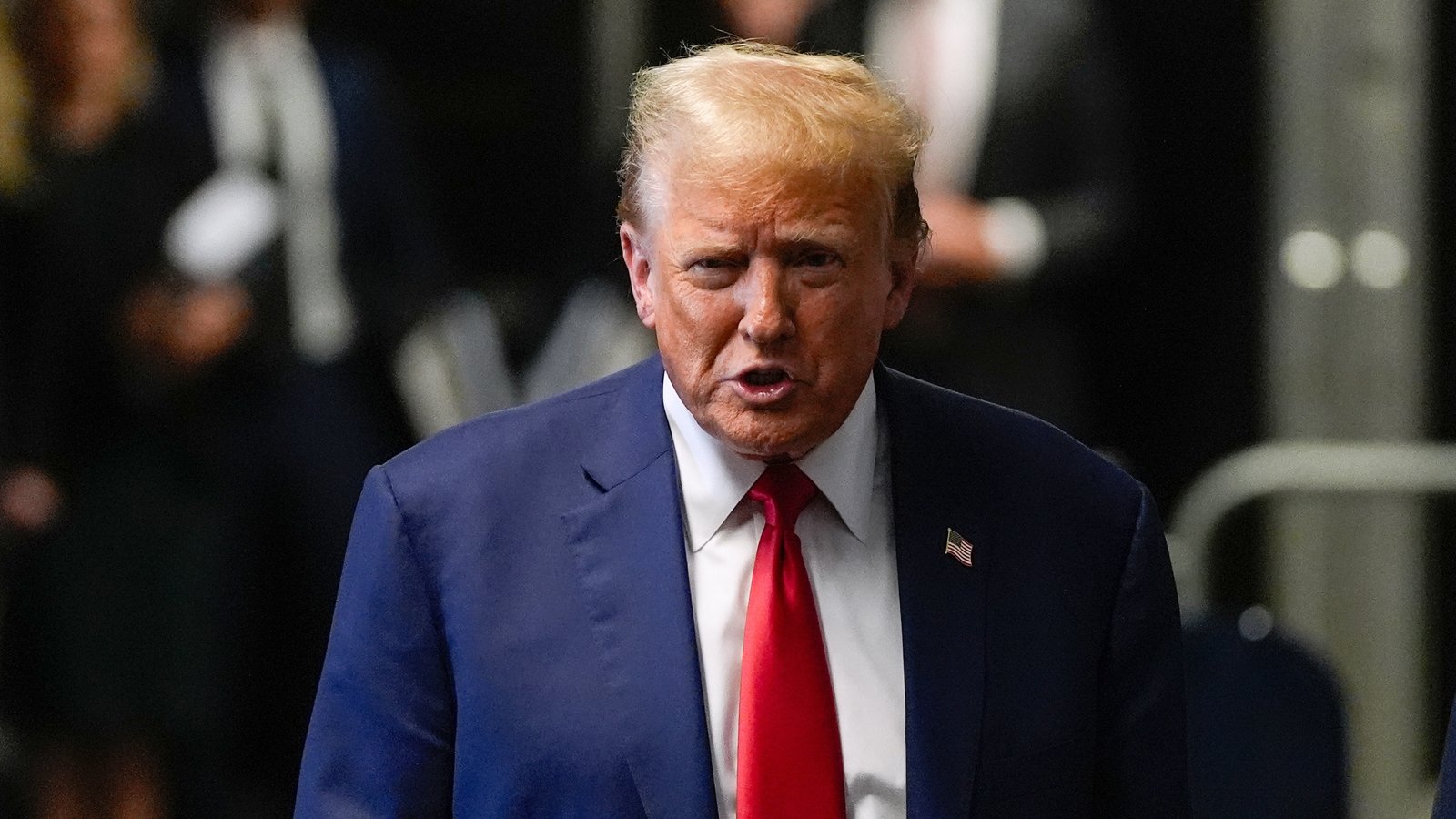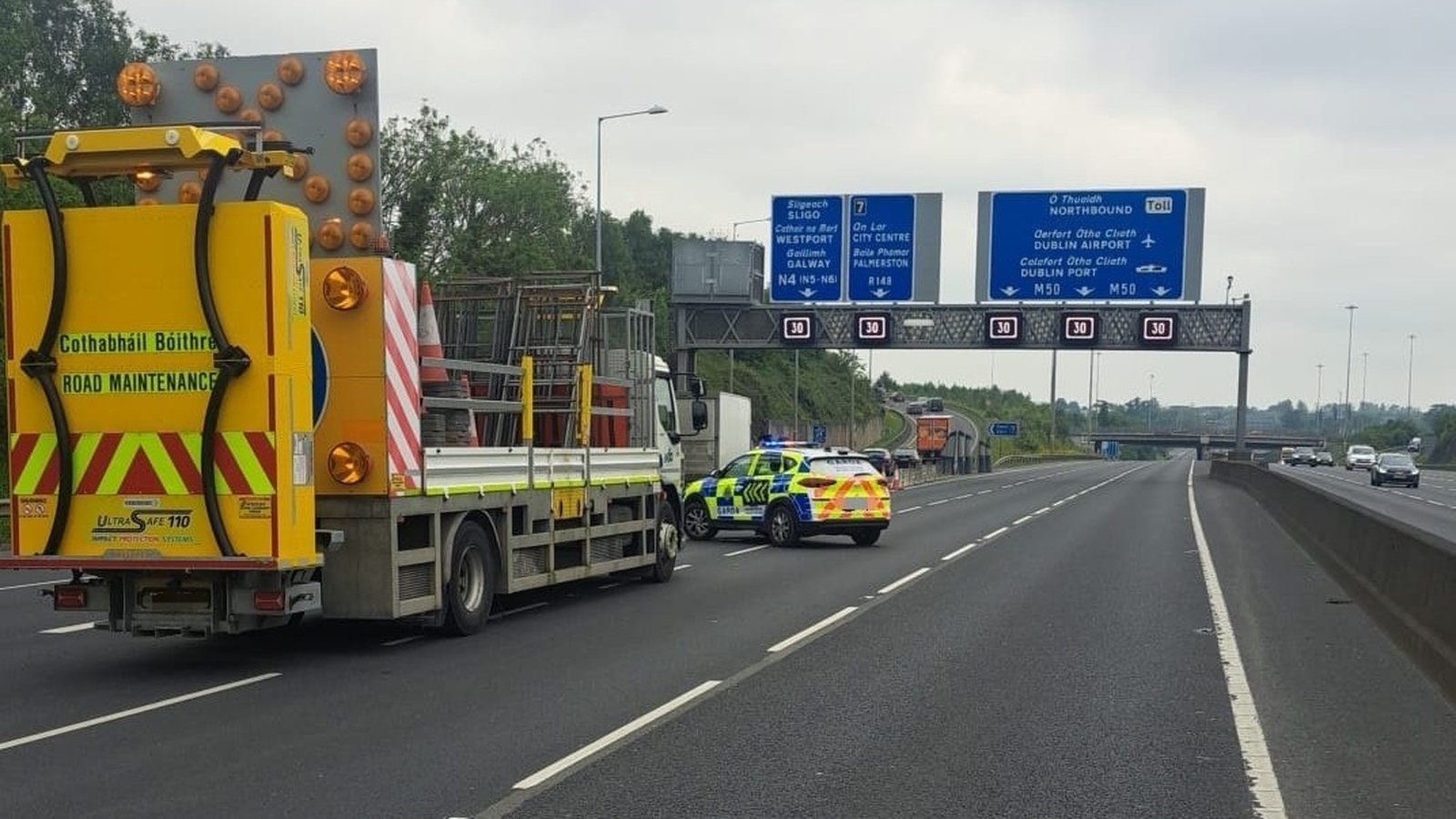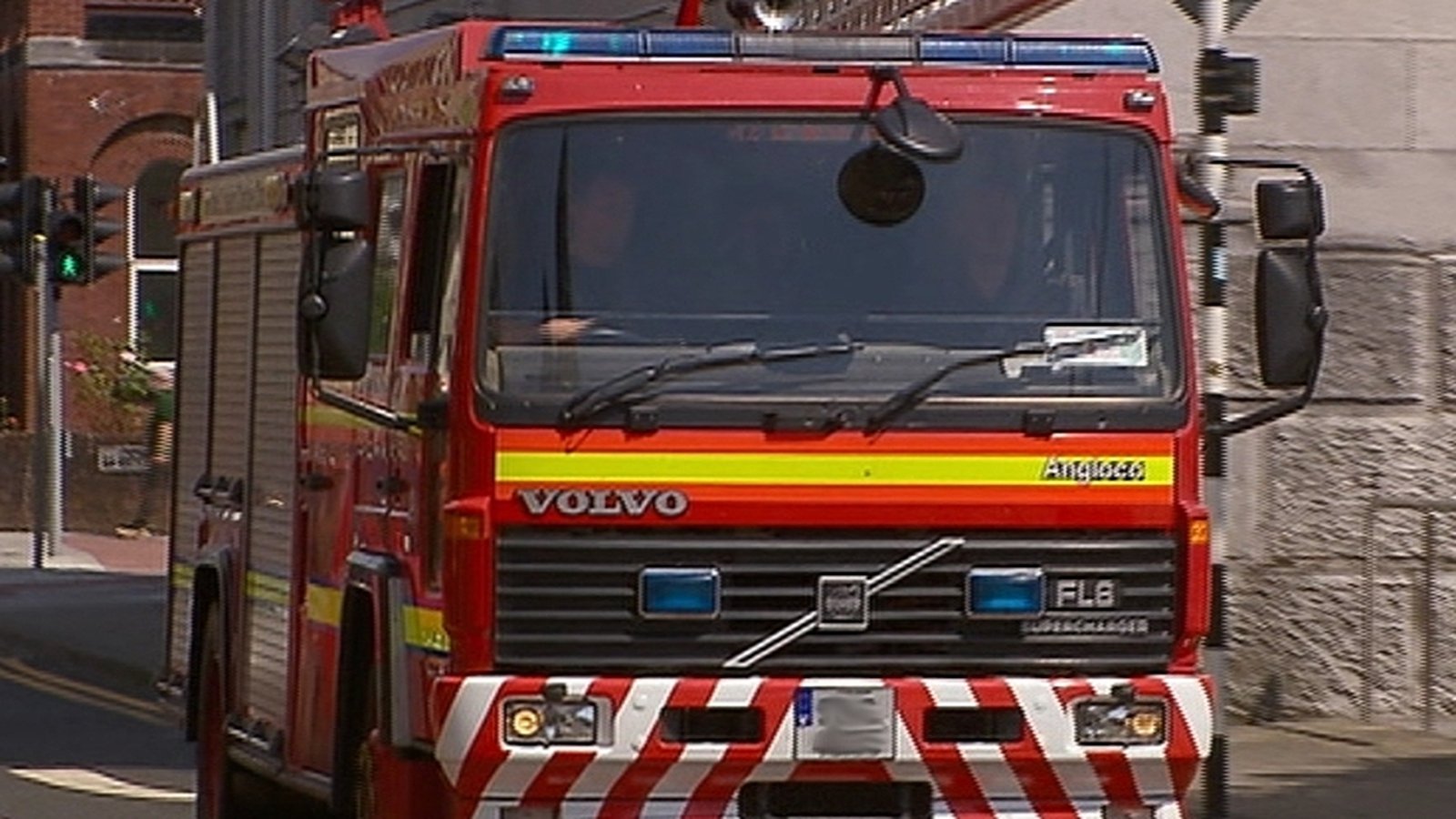‘Disadvantages’ to Ireland’s electoral system
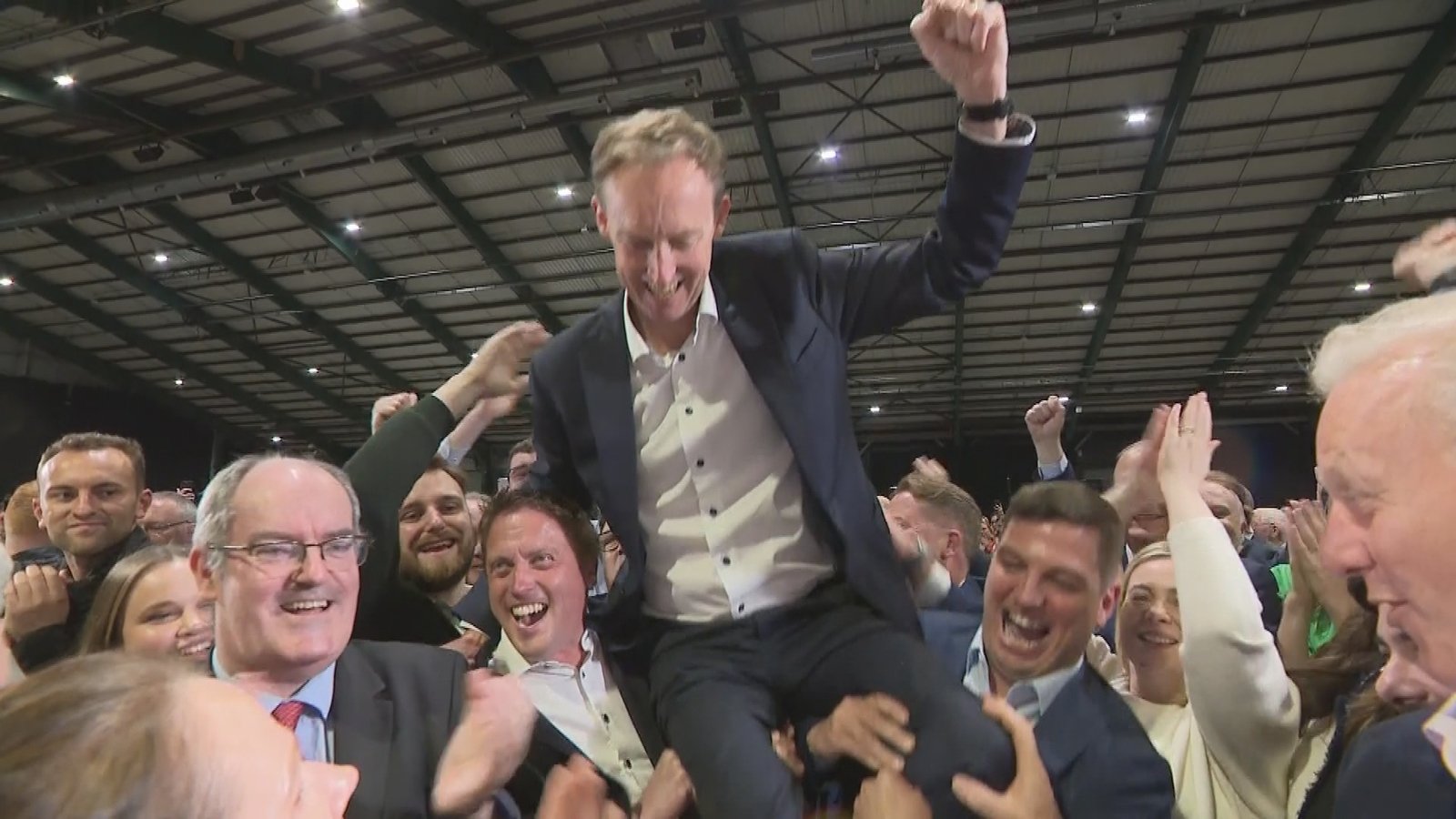
Fianna Fáil MEP Barry Andrews has outlined the “disadvantages” created by Ireland’s electoral system as he said newly elected MEPs in other member states are already “staking their claims” on positions in Brussels.
While most countries have their final or provisional results for the elected MEPs, the wait continues in two of Ireland’s three constituencies.
Mr Andrews said that across the other 26 member states most MEPs were elected on Sunday and Monday while in contrast, “here we are with only five of 14 MEPs elected”.
The delays are being largely blamed on Ireland’s complex system of proportional Representation by Single Transferable Vote.
David Farrell, Professor of Politics in UCD, said Ireland is “unusual” with its voting system and it takes more time compared to having a list system which is how most other member states run their European elections.
“We are one of only two countries that uses this system to elect its MEPs. Malta is the other country. The single transferable vote which is well known and well loved for all other elections is a very rare system and one of its downsides is that it takes much longer to count votes than any other system on this planet.”
He said the delay in voting people into office can have consequences as he highlighted the importance of MEPs “doing the groundwork” early on and working to get the best positions in parliament.
Prof Farrell said that while most countries have a list system, interestingly, countries like Germany and France use it for their European elections but not their national elections.
“So if Germany and France are prepared to change their electoral system to be in line with other member states, why doesn’t Ireland?” he said.
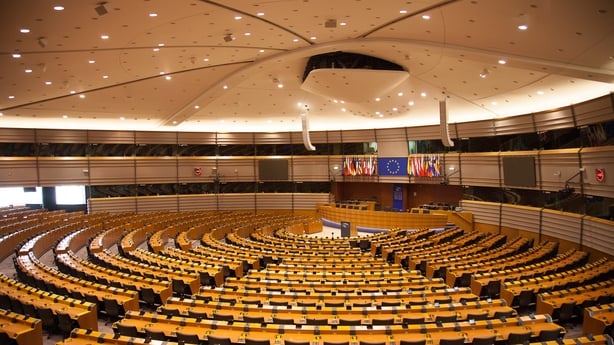
Among the few Irish MEPs who have been elected so far, some were quick to make their way to Brussels for meetings today and to meet their new colleagues.
Even for re-elected MEPs, where this is familiar territory, this is an important part of the process.
Fianna Fáil MEP Barry Andrews arrived in Brussels this morning and held discussions with members of his Renew Europe political group.
“People are staking their claim on positions, they are staking their claim on files that will come up and there is also priorities being discussed, ” he said.
He said the Green deal, security and defence were all on the agenda.
“It is unfortunate that the counting is still going on in the two other constituencies, ” he said.
“It would have been much better if the two other had been able to come over like the other 26 member states.”
He also illustrated how Ireland’s electoral system has become a talking point in Europe.
“People were wondering why we haven’t completed our work. They were wondering was there a cyber attack on the Irish electoral system and why was it that we were still counting.”
Mr Andrews said that while he can see a “huge value” with the current Single Transferable Vote and the connection it creates between the voter and candidates, there are disadvantages to not being in Brussels on what is “a very important week”.
Read more:
Counting resumes in Ireland South and Midlands-North-West
Green Party may ‘be down but not out’ – Hackett
Latest election stories
While for some candidates still in contention for a seat in the European Parliament it might be an anxious wait, others are content with how it operates.
Independent MEP Luke ‘Ming’ Flanagan said he doesn’t just like it because he is “doing well”, but described the process as a festival of democracy where “it is in your face for a week” as the counting continues.
“We are going to be MEPs for five years, so it is worth waiting a week.”
He rejected any view that it is embarrassing that Ireland has not elected all MEPs yet.
“Democracy takes time.”
MEP Barry Andrews described the steep learning curve ahead for both new and returning MEPs.
“Even for re-elected candidates to get to know the new political complexion of the parliament because there are lots of new MEPs coming in. There may even be new political groupings coming in.”

